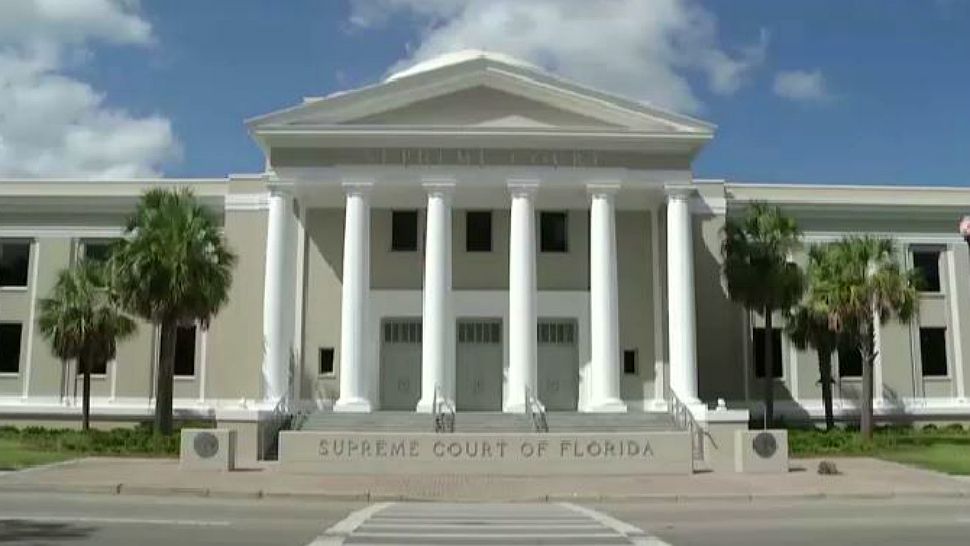TALLAHASSEE, Fla. -- There was victory and defeat Friday for the state commission that put three constitutional amendments on the November ballot.
The Florida Supreme Court on Friday brought back Amendment 13, which bans dog racing in the state. It also preserved Amendment 10, which changes local and state government operations.
But the court didn't keep Amendment 8 on the ballot -- a bundled education amendment that would have changed who had oversight of charter schools in Florida.
Amendments 8 and 13 were struck off the ballot by lower courts. In both cases, judges ruled the ballots were misleading.
Amendment 10 was upheld by a lower court, and the Florida Supreme Court agreed.
Amendment 13
The amendment bans live dog racing, but tracks would still be allowed to offer other types of gambling. Many dog tracks already having gaming rules.
The lower court judge ruled that the ballot wording should include the information. The Florida Supreme Court disagreed.
"The ballot language accurately states the effect, or lack thereof, Amendment 13 would have on other forms of gaming should it be adopted by the voters," the majority wrote in its opinion.
Amendment 8
Amendment 8 had multiple components, one controversial.
It would have set term limits for school board members and required the legislature to promote civic literacy in public schools. A third element specified that local school boards had a duty to "public schools it establishes," but would allow the state to "operate, control and supervise public schools not established by the school board."
The lower court took issue with the wording, saying the amendment used vague language to convey to voters that the amendment would transfer oversight of charter schools from local school districts to a state board.
Charter schools are publicly funded schools run by a separate entity, which can be a private company. Right now, local public school districts have oversight over these schools.
The high court agreed with that lower court decision.
- RELATED: Read the final judgment | Case docket | Read the amendment
Amendment 10
Amendment 10 is another bundled amendment that has Floridians voting on multiple provisions with a single yes-or-no vote.
It changes the way the state legislature sets the date for the annual session, and it creates an office of domestic security and counterterrorism within the Florida Department of Law Enforcement.
But it also stops counties from changing the way elected officers run their departments in local charters.
For example, Volusia County -- one of several counties that sued to take Amendment 10 off the ballot -- has elected offices for sheriff, property appraiser and elections supervisor. But the county's charter says those departments fall under the county manager, and the Volusia County Council has the final say on decisions in those departments.
That is not the case in every Florida county.
Amendment 10 takes away county control of those offices, possibly even retroactively, and requires these elected positions to have more control over their offices.
Volusia County said that would require big changes in how those offices are run, which would cost millions of taxpayer dollars.
Volusia, Miami-Dade and Broward counties tried to get the amendment off the ballot, saying it did not make this clear. But the Florida Supreme Court upheld the lower court's ruling.
Amendments 8, 10 and 13 were created by the Florida Constitutional Revision Commission, a government body that convenes every 20 years to write amendments to Florida's constitution.
So far, all but one of the eight Florida CRC amendments on the November ballot have been challenged in court, including three amendments thrown off the ballot Friday in lower courts.
This is a developing story. Check back for the latest.



